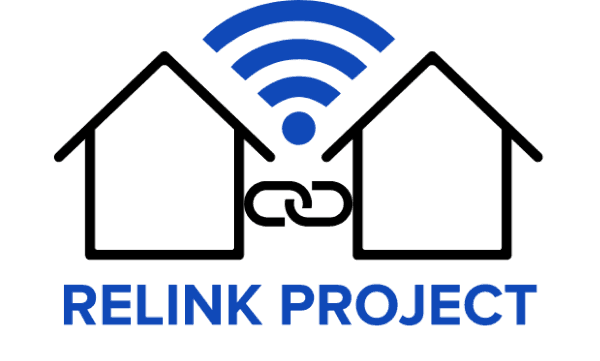

Empowering users for change.
2022.
Opperud, C., Skovholt, J. C.,
Dybdahl, A. J. & Pettersen, J. L.
This paper examines smart homes from a consumer perspective, aiming to examine the power relationship between consumers and producers. The report investigates this power relationship in great detail, and presents a solution in the form of a wireframe designed to help empower the user. Conducted by 4 bachelor's students at the University of Oslo for the module ‘IN3010 - Transformative Design.
Findings
After examining and utilising methodologies within transformative design, speculative design, and sustainability, the group aimed to develop a prototype that targets problems within a socio-technical and complex ecosystem. This led the the creation of a prototype that attempts to offer the user complete clarity on data that the user has, and who is accessing that data, thus improving their data literacy. The prototype also presents a method of providing control to the user through a ‘universal dataplan’, a group of data collection settings & preferences which is automatically pushed to all smart home devices that the user has connected.
Recommendations
The researchers suggest a future version of the prototype could be the incorporation of GDPR, offering consumers an easy and automated process of requesting information from a data collector/processor, and reporting data companies that are mishandling GDPR-sensitive data. The prototype could also summarise and showcase what GDPR-sensitive data is being form which company in a much more readable format.
The paper suggests that consumer ignorance of their own valuable data, and how their data is manipulated, within smart home devices, is a central problem that needs to be targeted. That being said, it’s hard to pinpoint user needs when they are so skeptical and unaware. Finally, the paper advocates for the need to empower users and allow them space to learn and explore their own personal data and how it is connected, to enact transformative change within the system.
